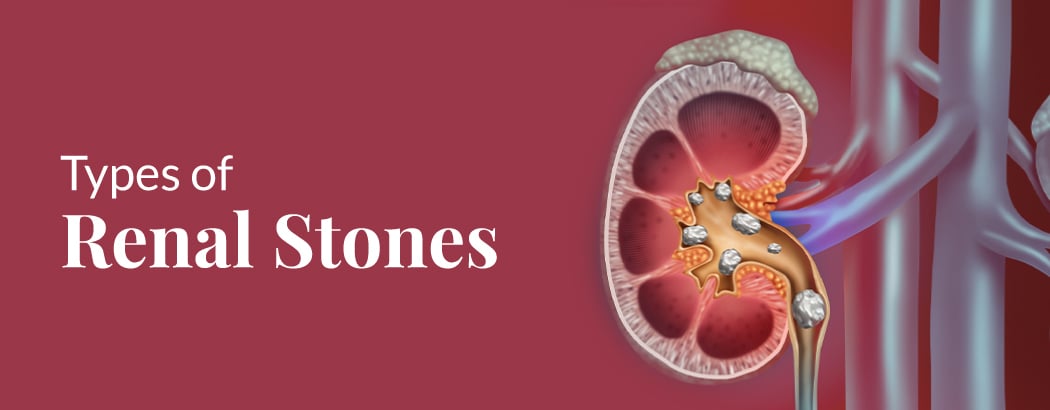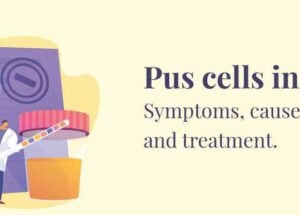Trans-rectal ultrasound (TRUS) and prostate biopsy
What is your prostate gland?
The prostate gland is only found in men and lies at the base of your bladder and surrounds your urethra (tube that carries urine and semen out of your body). Its main function is to produce a thick liquid and nutrients, which is mixed with your sperm to become semen.
What is a prostate biopsy and trans-rectal ultrasound?
A prostate biopsy is where small samples of tissue are taken from your prostate gland, using an ultrasound device to guide the doctor. Because your prostate gland is in front of your rectum (back passage), a small ultrasound probe can be inserted into your rectum and create an image of your prostate gland. This is called a trans-rectal ultrasound or TRUS. The samples that have been taken are then examined under a microscope for any abnormalities.
Why do I need a prostate biopsy?
You may have been advised to have a prostate biopsy because:
- Urologist found a lump or abnormality during a digital rectal examination (DRE) -finger examination of the back passage
- You have had a blood test showing a high level of PSA (prostate-specific antigen). PSA is a protein that is released into your blood from your prostate gland. High levels of PSA may indicate cancer.
The biopsy can find out whether any of your prostate cells have become cancerous. It can also diagnose other conditions such as:
- benign prostatic hyperplasia – enlargement of the prostate
- Prostatitis – inflammation of the prostate, usually caused by a bacterial infection
- High grade prostatic intraepithelial neoplasia (HGPIN) – a change in the cells of your prostate
If you decide to go ahead, you will be asked to sign a consent form to confirm that you agree to have the procedure and understand what it involves.
What are the risks?
- Infection (Two in 100 men will experience this). We give you antibiotics before and after your biopsy to reduce this risk.
- Bleeding into the urethra or bladder wall (often known as urinary clot retention) (Five in 100 men experience this.) This can make it difficult for you to pass urine, or make you pass urine frequently
- Bleeding from the rectum. This is common and eight out of 10 men will experience this during the first two to three days after the biopsy, but should not last more than two weeks.
- An allergic reaction to the medicine we give you. Although the risk of this is low (less than one in 1,000 men will be affected), you can reduce this risk by letting us know if you have had any previous allergic reactions to any medicines or food.
- Blood in your urine. Most patients will have some blood in their urine for two to three weeks after this procedure.
- Blood in your semen. Most patients will have some blood in their semen for up to six weeks after this procedure.
Before the procedure
You should let the doctor or specialist nurse know if you:
- are taking any medicines, particularly antibiotics or anticoagulants (medicine that helps to prevent blood clots from forming), including aspirin, warfarin, clopidrogrel (Plavix)
- have allergies to any medicines, including anaesthetic
- have or have ever had bleeding problems
- have an artificial heart valve.
You should continue to take all of your medicines as normal, unless you have been told otherwise by the doctor that organised your biopsy.
Before the biopsy you will be asked to provide a specimen of your urine. This is to check whether or not you have a urine infection.If there is evidence of a urine infection your procedure may be cancelled and you will be started on antibiotics and re-booked for one to two weeks later.
Procedure
You need not fast for this procedure.
The biopsy is taken using a local anaesthetic. This is a medicine used to numb a specific area of your body, so it is pain free.The biopsy is usually carried out as a day case, which means you will be able to come to hospital, have the biopsy and leave on the same day.About 30 minutes before your prostate biopsy, you will be given some antibiotic tablets or injections to help prevent infection.
Once in the biopsy room, you will be asked to take off your trousers and pants and then lie on your left-hand side with your knees tucked up against your chest.
The ultrasound probe (about the size of a large finger) is inserted into your rectum/back passage and local anaesthetic injection is given by a fine needleunder ultrasoundguidance. You may feel a small stinging sensation while this liquid is being injected. This will help to reduce discomfort during the biopsy.
The prostate biopsy is taken with a device that contains a spring-loaded needle. The needle is inserted into the prostate gland and removes a tissue sample very quickly.Usually 12 biopsy samples are collected, although this may be more if the doctor or specialist nurse wants to take additional samples of a lump or nodule. The whole procedure takes around 5 to 10 minutes.
When the samples have been taken, a small antibiotic suppository will be inserted into your rectum.
You will be asked to rest for about four hours at home after this.Before you leave, we will give you further antibiotic tablets to prevent infection.
When you are at home You may have mild discomfort in the biopsy area for one or two days after the biopsy. You may also notice some blood in your urine for up to three weeks and blood in your stools for up to two weeks. Your semen may be discoloured (pink or brown) for up to six weeks after the biopsy.
You should:
- avoid alcohol for 24 hours, as this interacts with the general anaesthetic and suppository given at the end of the procedure
- drink plenty of non-alcoholic fluids while you have blood in your urine.
If any of the following happen, please go contact the urologist or his team immediately
- your pain increases
- you have a temperature higher than 100.4°F (38°C)
- you do not pass urine for eight hours
- you start to pass large clots of blood
- you have persistent bleeding









